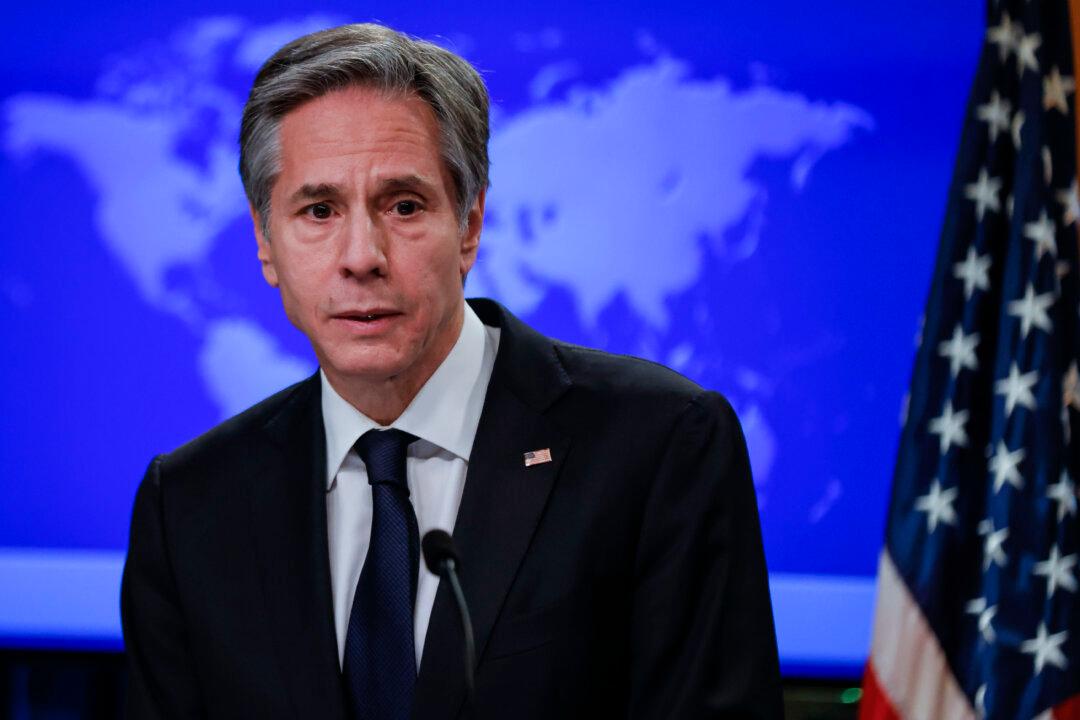Secretary of State Antony Blinken said he thinks the United States should provide refuge for Hongkongers fleeing the Chinese regime’s widening suppression of the city’s freedoms.
“We’ve seen China act egregiously to undermine the very commitments it made during the handover of Hong Kong ... from Britain,” Blinken said in an interview with MSNBC aired on Feb. 1. The territory returned to Chinese rule in 1997, with Beijing promising to preserve Hong Kong’s autonomy and civil liberties.





